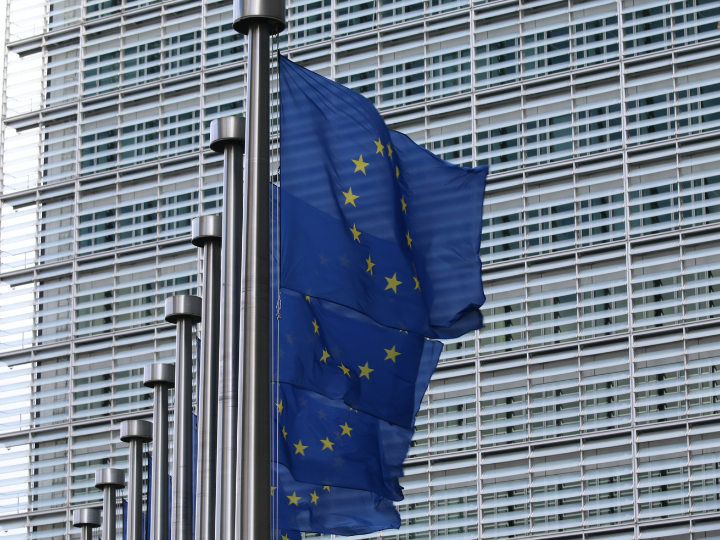by Alexandra Brzozowski*
EU member States’ weapons stocks are running low as EU member states are making efforts to send military aid to Ukraine, the EU’s chief diplomat Josep Borrell warned on Monday (5 September), renewing calls to better coordinate European supplies to the war-torn country.
“The military stocks of most member states have been, I wouldn’t say exhausted, but depleted in a high proportion, because we have been providing a lot of capacity to the Ukrainians,” Borrell said during a debate with lawmakers in the European Parliament.
“It has to be refilled. The best way of refilling is doing that together. It will be cheaper,” he added.
To ensure faster delivery, a large part of the weaponry European is currently providing to Ukraine is coming from countries’ own stocks rather than being purpose-built.
This, however, means some member states also face difficulties with the speed of stocking up their own reserves.
The appeal comes a week after EU defence ministers debated in Prague how to better pool military resources earmarked for Ukraine’s war effort.
At the same time, Borrell also levelled some criticism at the member states for deciding too late to approve the training of Ukrainian armed forces.
Last week, EU defence ministers supported the start of work on setting up an EU military training mission for Ukrainian forces that would complement current efforts by individual EU countries.
Several member states have in recent weeks been training Ukrainian forces individually, mainly enabling them to operate weapons they have delivered themselves to the country.
“Unhappily we didn’t, and today we regret it. We regret that last August we were not following this request, fulfilling this request,” Borrell said.
According to EU sources, Ukrainian foreign and defence ministers asked for the training programme in a letter addressed to Borrell last summer and the EU’s diplomatic service had drawn up several options.
In February, shortly before Russia invaded Ukraine, EU ministers reached a preliminary deal to conduct such a military training mission in the country but progress has since been hindered by obstacles on the ground.
If the bloc had responded at the time, Borrell said, “we would be in a better situation”.
Ukraine’s prime minister, Denys Shmyhal, “expressed a clear wish to take this forward in line with Ukraine’s short-, medium and long-term needs”, Borrell wrote in a blog post.
“If member states agree, we could launch this mission in the coming weeks,” he added.
Since Russia’s full-scale invasion started on 24 February, the EU has mobilised €2.5 billion to finance the delivery of military equipment to Ukraine through the bloc’s European Peace Facility.
*first published in: Euractiv.com




 By: N. Peter Kramer
By: N. Peter Kramer

